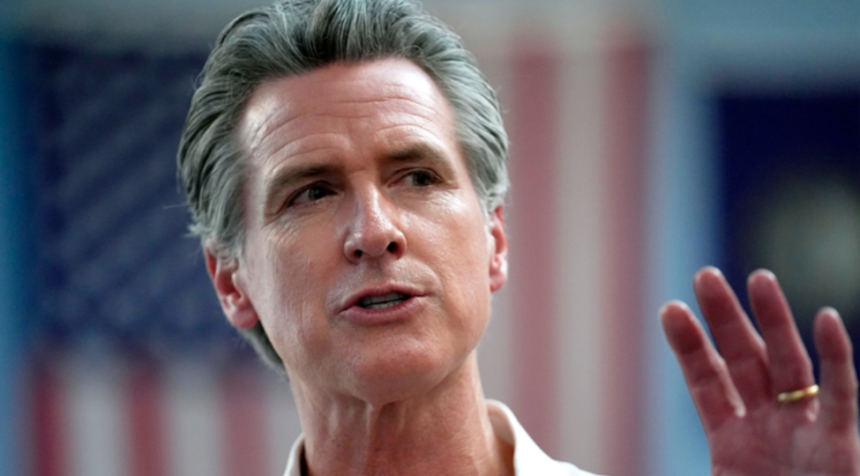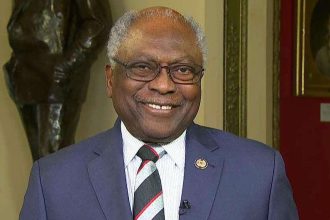California Gov. Newsom vetoes controversial housing loan law.
California Governor Gavin Newsom has vetoed a controversial plan that would have allowed illegal immigrants to get house loans totaling hundreds of thousands of dollars.
The “California Dream for All” loan program, also known as AB 1840, was advanced by the California legislature last month. If signed into law, it would have provided up to $150,000 in first-time homebuyers loans, or up to 20% of the home in down payment assistance.
The bill would have precluded denial of applicant immigration status as a sole basis for refusal of assistance under home purchase assistance programs under the California Housing Finance Agency. In light of the broader context of the annual state budget where we must be judicious in our use of resources, expansion of program eligibility must be carefully considered in the greater context of annual state budgeting, Newsom wrote, since the funds that are available to the CalHFA programs are very limited.
“For this reason, I am unable to sign this bill.”
Democratic state politicians have defended the measure, however, saying it is intended only to give the illegal immigrants many of the same benefits as the state’s other residents.
In June, at a hearing on the measure, Democratic Assemblymember Eloise Gómez Reyes said, “It isn’t given out willy nilly to just anybody.”
California Nears Approval of $150K Loans for Undocumented Immigrants to Assist in Home Purchases
The ‘California Dream for All’ plan doles out as much as $150K in benefits for undocumented immigrants.
California lawmakers may soon make the Golden State the first in the nation to permit illegal immigrants to apply for state-sponsored house loans up to $150,000.
According to Politico, the Democratic supermajority in the California state legislature this week plans to advance a bill permitting undocumented immigrants to apply for the state-funded “California Dream for All” loan program offering 20 percent down payment assistance, up to $150,000.
Among other conditions, the program indicates that individuals taking part in it should be first-time homebuyers and that at least one of them needs to be a first-generation homeowner; their incomes should not exceed certain thresholds based on their county of residence.
The article points out that the Trump team aims to link Vice President Kamala Harris to border policies of the Biden administration that have not been well-received by Americans, and that the move was against the backdrop of a national election in which immigration took center stage.
California Governor Gavin Newsom, a key ally of President Biden and Senator Harris on the campaign trail, has stayed mum on whether he will sign the measure into law if it passes the legislature before the deadline on August 31.
When Fox News Digital reached out for comment, a representative for Newsom said the governor “doesn’t typically comment on pending legislation.”
“If the bill reaches his desk, the Governor will consider it based on its merits,” the spokesman said.
Karoline Leavitt, a spokesman for the Trump campaign told Politico the bill is “fundamentally unfair but typical Democratic policy.”
Democratic state legislators nevertheless have defended the bill, arguing its main purpose is to give illegal state residents the same rights as everyone else in the state.
At a June hearing on the measure, Democratic Assemblymember Eloise Gómez Reyes said, “It isn’t given out willy nilly to just anybody.”
Democratic Assemblymember Joaquin Arambula has said the bill still requires borrowers to meet federal requirements – including a Social Security number or taxpayer identity number – to be eligible for a loan.
Arambula said the federal law bars undocumented immigrants from receiving state aid unless they are the named recipients of a specific state statute indicating they are eligible.
“We simply wanted to be as inclusive as possible within our policies so that all who are paying taxes here in our state were able to qualify,” Arambula said. “Without the intentional law that we are introducing, we felt that there were complexities and questions that many in the immigrant community would have.”















